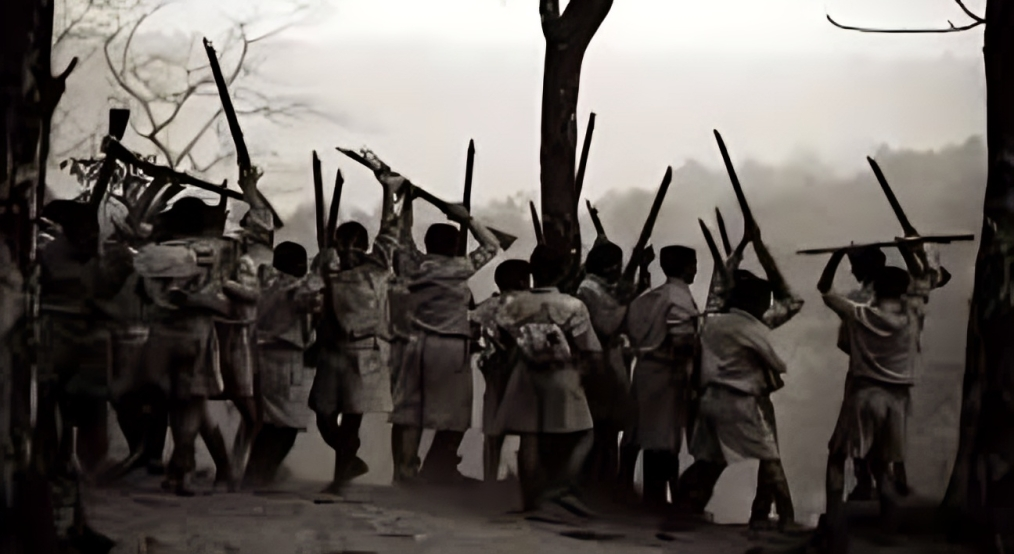Chittagong Armoury Raid: A Bold Revolt Against British Rule
History Indian HistoryPosted by NewAdmin on 2025-02-10 08:41:28 |
Share: Facebook | Twitter | Whatsapp | Linkedin Visits: 23

The Chittagong Armoury Raid was a significant revolutionary act carried out on April 18, 1930, by a group of Indian freedom fighters against British colonial rule. It was led by Surya Sen, a prominent revolutionary associated with the Indian Republican Army. The raid took place in Chittagong, a strategic port city in present-day Bangladesh, and aimed to strike a major blow against British authority by capturing arms and disrupting communication lines.
Surya Sen and his group planned the operation meticulously. Their primary targets were the police and auxiliary forces’ armouries, which held a large cache of weapons. The revolutionaries successfully overpowered the guards and seized firearms and ammunition. However, they failed to acquire the much-needed cartridges, rendering many of the seized weapons ineffective. Despite this setback, they proceeded with their plan to cut off telegraph and railway lines to disrupt British reinforcements from reaching the city.
Following the raid, Surya Sen and his followers gathered at Jalalabad Hills, where they prepared for the British counterattack. On April 22, British troops engaged the revolutionaries in a fierce battle. Though the revolutionaries fought bravely, many of them were either killed or captured. Some, including Surya Sen, managed to escape and continued underground resistance against British rule. However, in 1933, Sen was eventually captured, subjected to brutal torture, and executed by hanging in 1934.
The Chittagong Armoury Raid had a lasting impact on the Indian independence movement. Though it did not achieve its immediate goal of starting an armed uprising, it inspired future generations of revolutionaries. The bravery and sacrifice of Surya Sen and his comrades remain a symbol of resistance against colonial oppression. The event has been remembered in literature, films, and historical accounts as a bold attempt to challenge British rule through direct action.
Search
Categories
Recent News
- Rajasthan's Ram Katha U-Turn: Teachers Recalled from Religious Event
- Earth's Atmosphere: A Cosmic Balancing Act
- Indian Shooting Triumphs: Rana's Bronze and Team Silver
- Andhra Pradesh MLA's Unique Scooter Inspection Tour
- Air India's Fuel Switch Woes: A Troubling Pattern
- Mamata Banerjee's Supreme Court Showdown: A Battle for Democracy
- AP EAPCET 2026: Unlocking Andhra Pradesh's Engineering Aspirations
- Fatal Leap: Man's Tragic Encounter with Overhead Wires
Popular News
- Navigating IPO Market Dynamics Amid Volatility and Regulatory Changes
- Massive Worldwide Microsoft Outage Disrupts Multiple Sectors
- Panjapur Bus Stand to Reshape TNSTC Routes
- తెలుగుదేశం పార్టీ - పేదరికాన్ని నిర్మూలించడంలో వాగ్దానం
- Universities Embrace Remote Learning Technologies Amidst Ongoing Pandemic